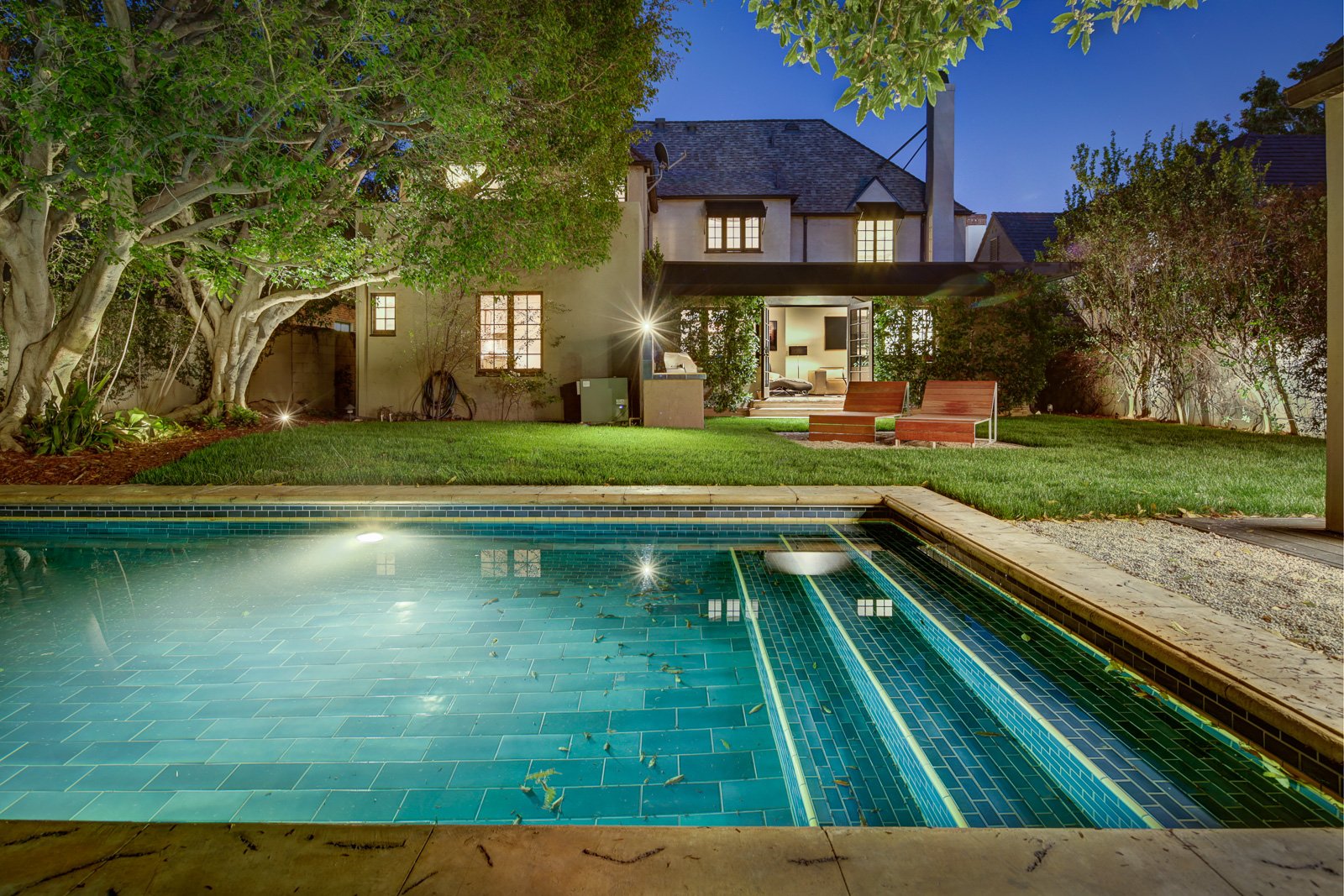
Hancock Park
More than 100 years ago, where sprawling mansions and towering shade trees now stand between Wilshire Boulevard and Melrose Avenue, there was a massive field of oil derricks owned by the Hancock family, which also mined the famous tar pits to the west for asphalt to pave the streets of San Francisco. Once the oil ran out, the scion of the family, G. Allan Hancock, made another killing on his family’s land by subdividing it and selling lots in what became a neighborhood of stately homes. Architects including Wallace Neff and Lloyd Wright built in a variety of styles while preserving the essential character of the neighborhood — an upscale charm that survives to this day. Every popular style of the 1920s can be found in Hancock Park, which makes it one of those magical L.A. places where movies that are set around the world can be filmed, all without leaving the 30-mile zone. Not surprisingly, movie stars including Mae West, Ava Gardner and Clark Gable made the neighborhood a hot spot in Hollywood’s Golden Age. More recently, well-to-do professionals have been drawn to the beautiful homes and large lots, and some of the stars who had moved west to Beverly Hills have returned as well. Hancock Park has also become more inclusive: Where Nat King Cole was once shunned by his neighbors and Jews were barred by law, the neighborhood now boasts a thriving community of Orthodox Jews and is more diverse than many other posh L.A. neighborhoods. Neighborhood highlights A true central location: Wherever you want to go in Central Los Angeles, Hancock Park is convenient to it. Next door are Larchmont Village; Hollywood; La Brea, Melrose and Fairfax avenues; and the Miracle Mile. And Beverly Hills and DTLA are right down Wilshire Boulevard. The Purple Line extension will also create a transit connection to the Westside when it opens in 2023. Beautiful homes, scenic streets: Mature shade trees, green rolling lawns and the stately fairways of the Wilshire Country Club give the neighborhood and its 1,200 homes a bucolic feel that’s been preserved even as rapid development has continued on its northern and southern boundaries. Neighborhood challenges Shortcuts: One downside to living in a central location is that you’re right in the middle of the commute of tens of thousands of people, which means that cut-through traffic in Hancock Park can be intense. That’s especially true for east-west streets such as Beverly Boulevard and 3rd and 6th streets. Market insights Hancock Park resident and Coldwell Banker broker Anne Loveland said she loves Hancock Park because it “blends the quaintness of Mayberry in a world-class city.” “The people are caring — if you’re looking for a community to make personal connections in, this is a great neighborhood,” she said. Because of the wide range of architectural styles in Hancock Park, Loveland said, prospective buyers should do their research and figure out what kind of home best appeals to them. “No two houses are the same here in terms of condition, size, location or style,” she said. “And when something really good comes up, you must act fast and decisively, especially for the nicest homes.” Market snapshot Portions of the 90004, 90005 and 90020 overlap the Hancock Park neighborhood. In February, based on 12 sales, the median price for single-family homes in the 90004 ZIP Code was $760,000, according to CoreLogic. In the 90005 ZIP Code, the median price based on three sales was $1.35 million. In the 90020 ZIP Code, the median price based on two sales was $2.089 million. Report card Third Street Elementary, one of the city’s most coveted public schools, scored a 946 out of a possible 1,000 in the 2013 Academic Performance Index. John Burroughs Middle came in at 859, and New Los Angeles Charter scored 760.